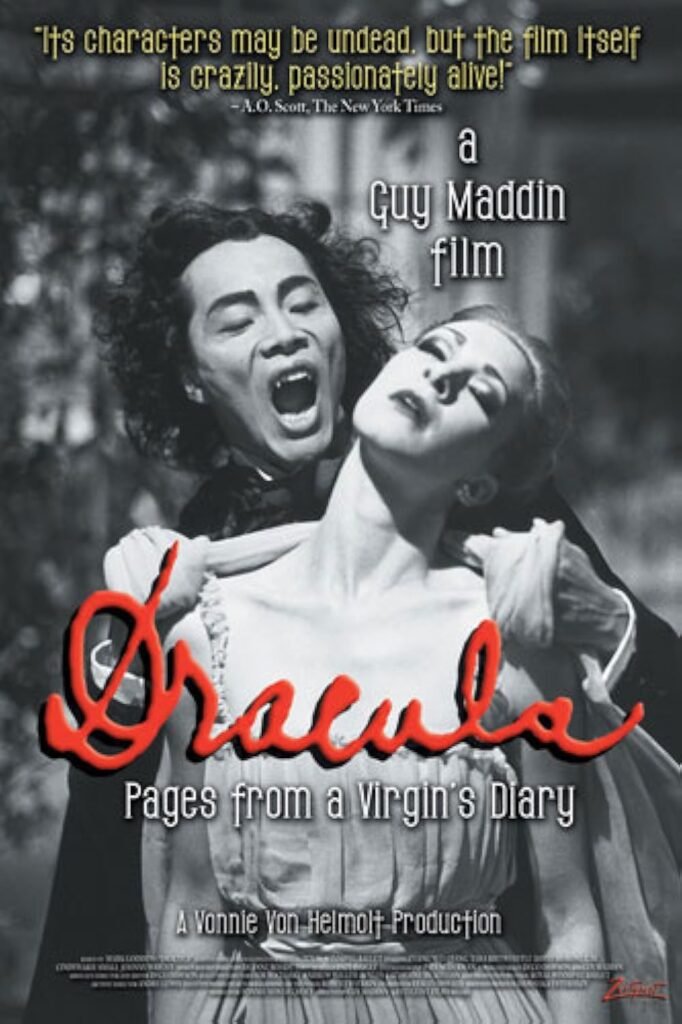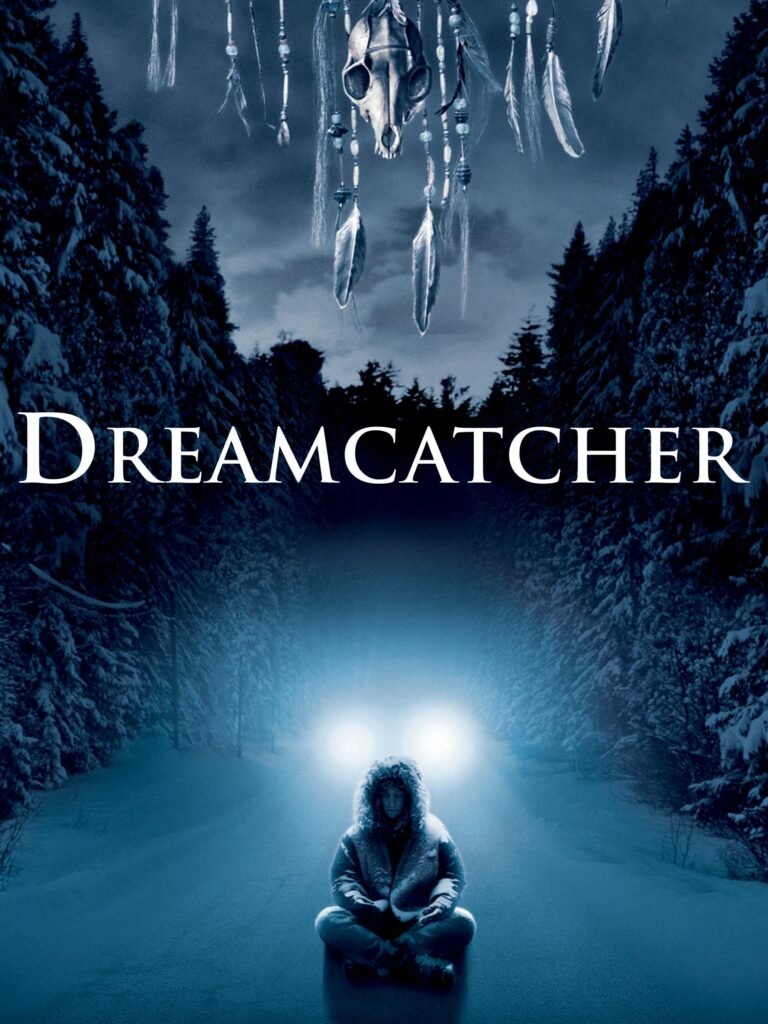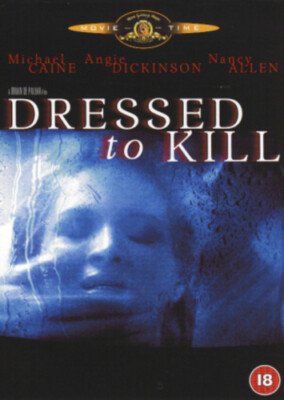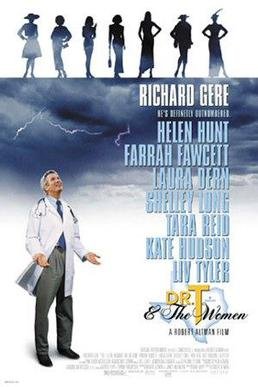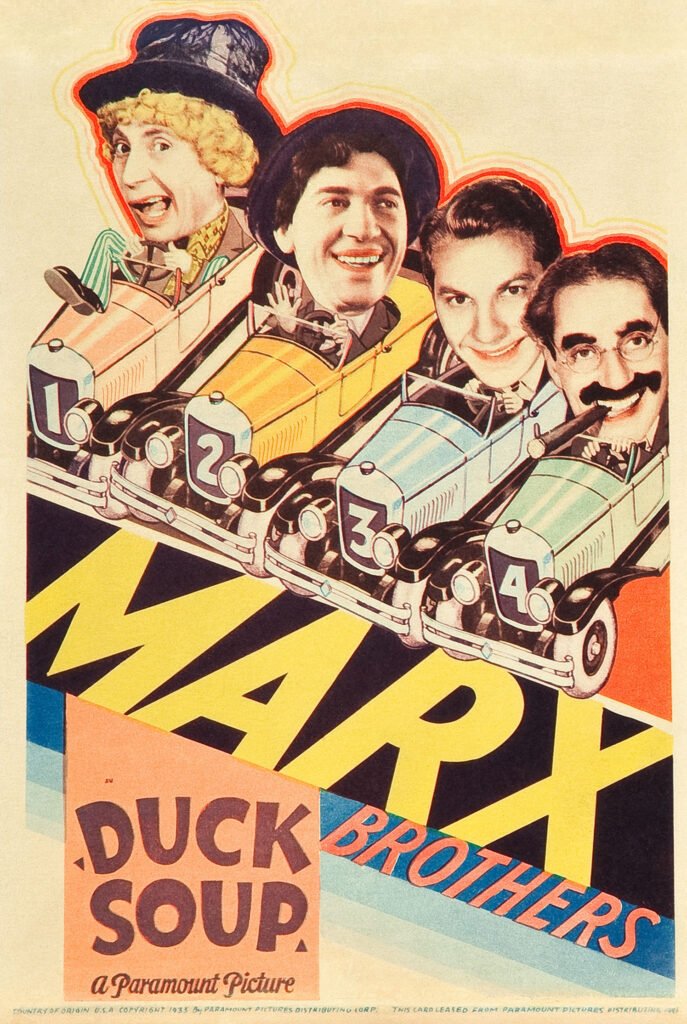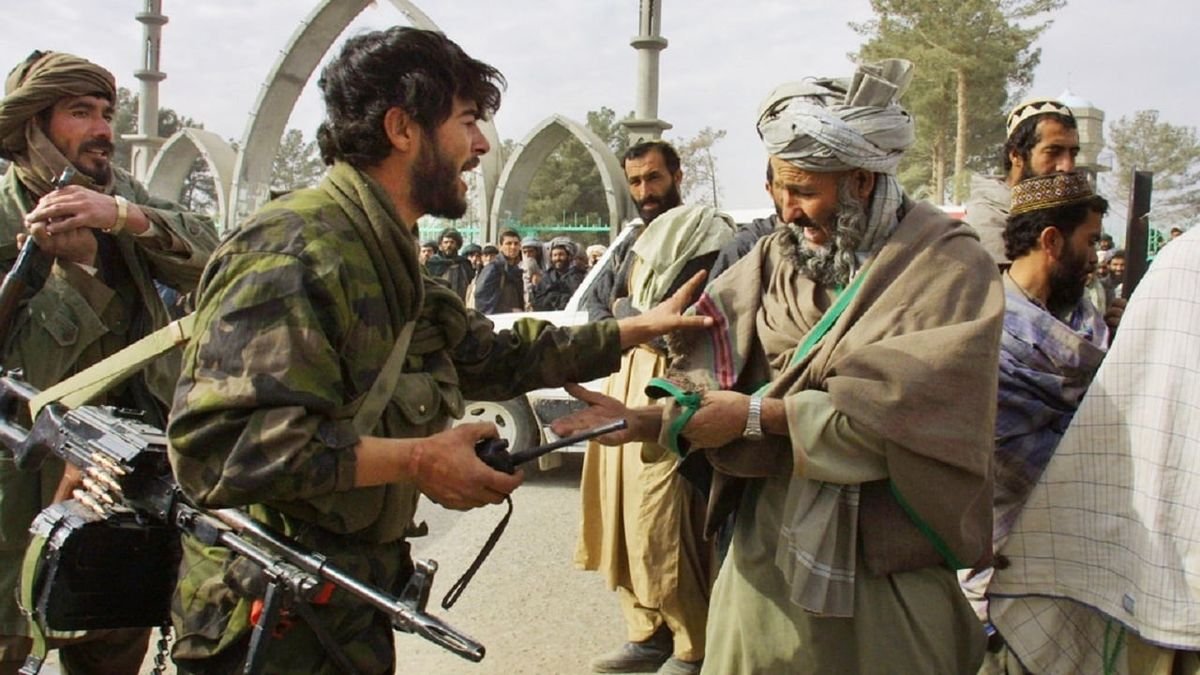
| Field | Details |
|---|---|
| Movie Name | Kandahar (2001) |
| Director | Mohsen Makhmalbaf |
| Writer | Mohsen Makhmalbaf |
| Lead Actor | Nelofer Pazira |
| Cast | Nelofer Pazira, Hassan Tantai, Sadou Teymouri, Hoyatala Hakimi |
| Genre | Drama, War |
| Release Date | September 21, 2001 (Canada) |
| Duration | 1h 25m (85 min) |
| Budget | Not publicly disclosed |
| Language | Persian, English, Dari |
| IMDb Rating | 6.9/10 |
Kandahar (2001)
Paved with humanistic intentions, Kandahar can’t quite see beyond its literal depiction of Afghan horrors. Prolific Iranian filmmaker Mohsen Makhmalbaf documents an annihilated nation blown into the stone age by war, more interested in social reform, cultural education, or presenting a bleak travelogue than attaining the pure cinema his contemporary Abbas Kiarostami has been honing for over a decade. (Kiarostami is best known for his haunting suicide parable A Taste of Cherry his sublime semi-documentary Close-Up features Makhmalbaf himself as a heroic figure motorcycle driving screen icon.)
As Kiarostami entrenches in esoteric philosophical questions, wrapped in poetic imagery and near-mystical iconography, Makhmalbaf aims for realism (poorly filmed, but on the front lines) and political point by point dogma. Kandahar is the culmination of those interests, for better or for worse. As a former Islamic fundamentalist, he’s slowly been rebelling against formalistic film technique and even Iran’s popular art-house auteurism. In breaking down those conventions, Kandahar seems to be about what’s happening in front of the camera more than the operation of the camera itself. A book of photographs may have been just as effective, but Makhmalbaf sticks to what he knows.
Filmed on the dangerous borderlands between Afghanistan and Iran, Makhmalbaf charts the progress of expatriate journalist Nafas (Nelofer Pazira) returning to her home country in search of her Kandahar-located sister, who has threatened to commit suicide in three days. Along the way, she discovers schoolchildren being taught the dangers of landmines, multicolored burka-laden (thickly veiled) women route to a wedding (singing a melancholy dirge during their stark desert jaunt), armless and legless travelers at an under equipped Red Cross shelter waiting in line for prosthetic limbs.
Kandahar follows Nafas on the barren roads and hills, seen as beautiful and bleak under the sun. Each of her encounters is meant as a mini-polemic statement, some more jarring than others. Working with non-actors, Makhmalbaf gets varied results. Nelofer Pazira doesn’t make a particularly strong impression as the heroine, but when the camera selects a remote Taliban-operated Koran group of kids shrieking their way through prayers (heralding their newfound weapons knives and automatic rifles) and their unrelenting adult taskmaster, Makhmalbaf’s strength of crossing the lines between movie and reality are bracing. Most of his cast had never seen a movie before, which perhaps accounts for their astonishing lack of self-consciousness.
Nafas employs a poverty stricken child as her guide, though he’s more interested in sneaking into the wasteland stealing rings ‘n’ things from minefield corpses. She finds a potential ally in a small village doctor whose female patients communicate with him through a hole in the sheet that cordons off his flimsy and under equipped room. The dealings feel shady, as they cobble together hastily planned stories to fool border guards or thieves. Worst of all is Nafas’ inability to get people to provide much-needed assistance. As film critic Godfrey Cheshire pointed out during one of his trips to Iran, nothing happens in just ten minutes there. Nothing you’d want to happen, anyway.
Kandahar’s timing will surely be a factor in its acclaim from the die-hard film critics who have lauded the (mostly astonishing) breadth of cinema emerging from Iran, and it’s certainly affecting and immediate. But it’s a mistake to think that the way to the truth is necessarily through harsh realism. Cinema bears a close association to our dreams, and an oblique framing can cut closer than a moralistic statement America found its own wannabe-topical lessons in Traffic, worthwhile but far less emotionally fulfilling than Kandahar. But that’s the question open-minded viewers should probably ask themselves: Why do I go to the movies? Kandahar is an alternative.
To watch more movies like Kandahar (2001) visit Putlocker.
Also Watch
